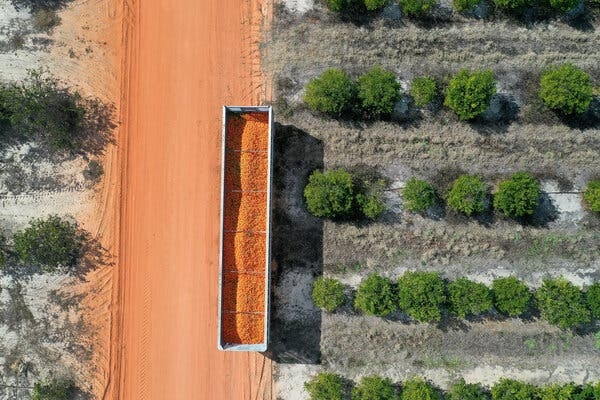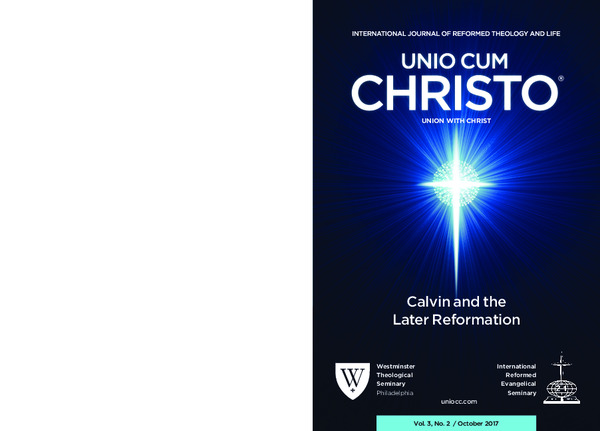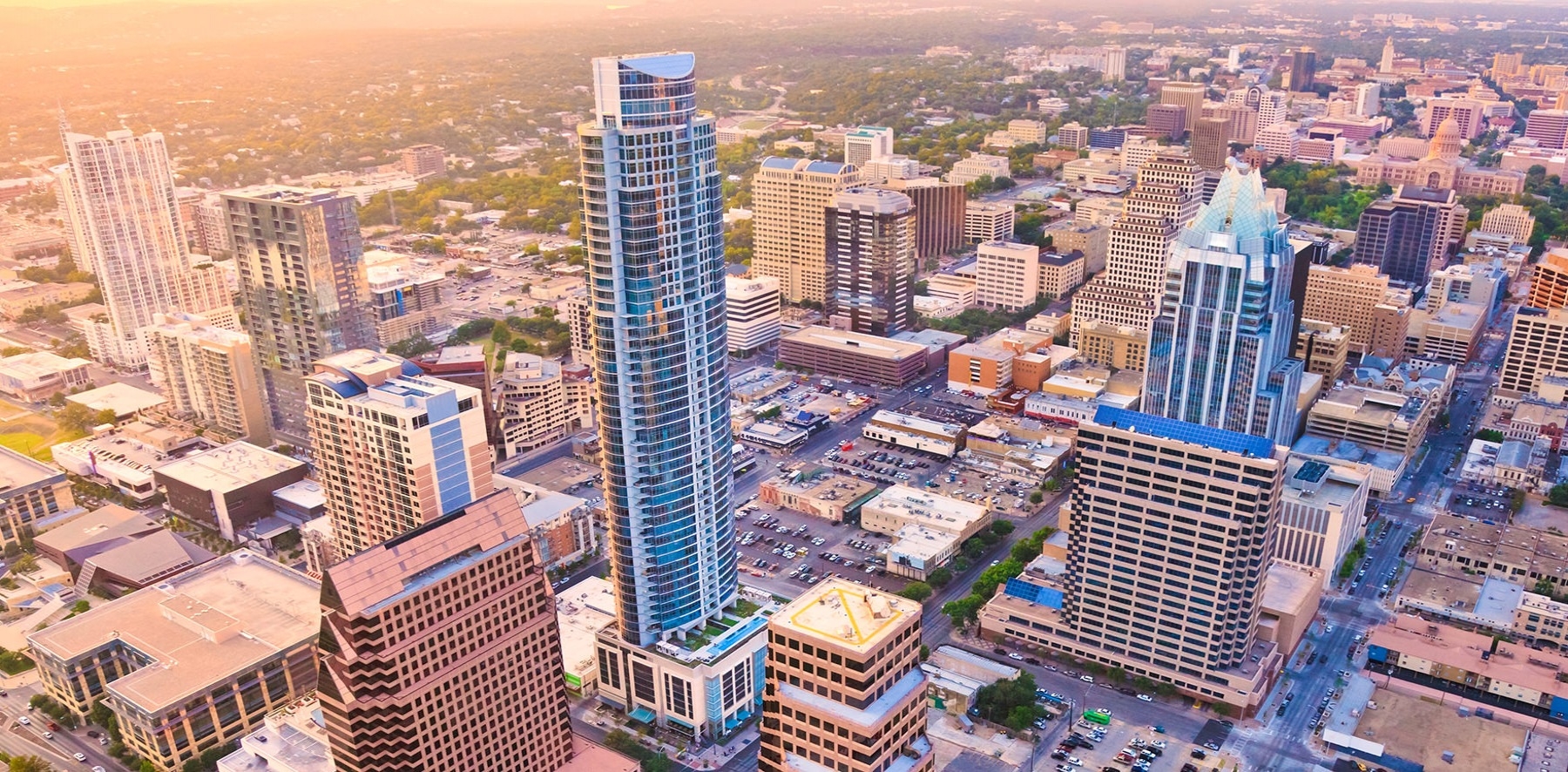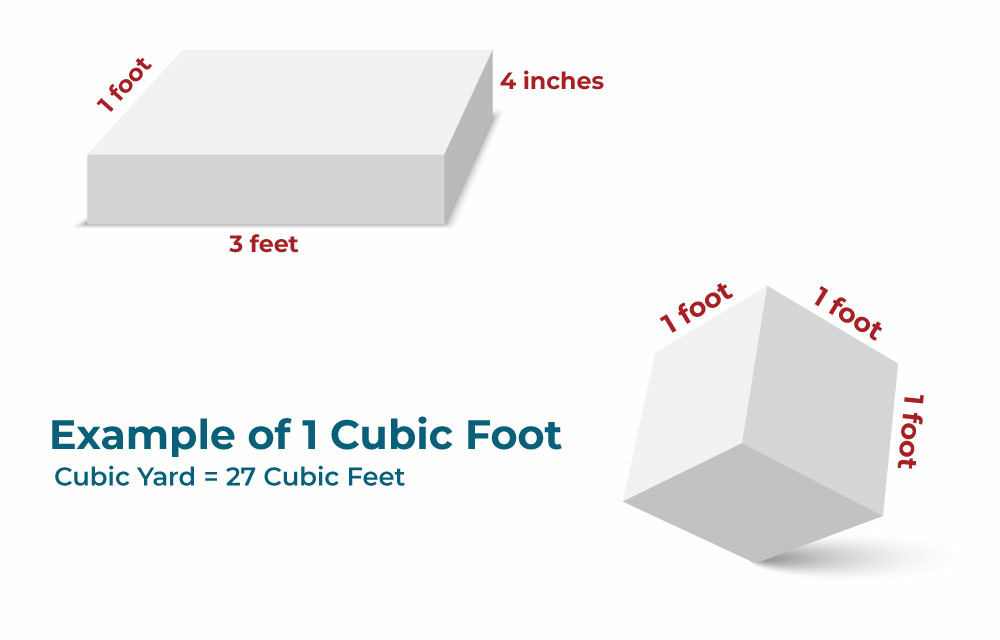It is not a question of “if” but “when” homes will lose their luster and residential property prices will fall.
Indeed, evidence is emerging that the downtrend has already begun.
“In the United States, mortgage applications have fallen 28% from their peak, new home sales have fallen 17% and new homes have fallen 13%,” said Neil Shearing, chief economist at Capital Economics in a new research note. “A similar story is unfolding in the UK, Canada, Australia, New Zealand and Sweden.”
The fall is inevitable and the main question now is how much prices will drop for the housing market.
“Central bankers give and central bankers take away,” Shearing said. “It was their low interest rate policies that helped fuel an extraordinary – and extraordinarily global – rise in house prices. As a generational rise in inflation brings the era of low rates to a swift end, our earlier warning that housing markets would prove more vulnerable to policy tightening is becoming a reality. “
Although the change in house prices is already underway, the current decline may not look like 2008, when the entire mortgage industry was in grave danger.
“The factors behind the latest price hike are very different from those behind the mid-2000s surge,” Shearing said. At the time, a housing price bubble was inflated by a rapid expansion in mortgage debt, facilitated by lax regulations and loosened lending standards. When the bubble burst, homeowners found themselves in negative equity and the forced sale created a self-strengthening downward spiral. “
There is also less leverage in today’s real estate market, Shearing said.
“Household debt as a share of income increased significantly between 2000 and 2007, but decreased during a period of post-crisis deleveraging and has remained stable in recent years,” he noted. “Meanwhile, the regulation that was adopted after the last crisis means that the banks are now in a much better shape.”
No Talk of a Housing Bubble
Most real estate analysts agree that history will not repeat itself, and that the housing market crash of 2022 will be nothing like the housing market of 2008. On the same subject : ‘How should we live?’: Fast food workers pressured by inflation.
“I don’t think we’re in a housing bubble,” said Shmuel Shayowitz, chief lending officer of Approved Funding, in River Edge, N.J. “While the excessive rise in home appreciation is disturbing, much of it is the result of low inventory.”
Since the housing slump caused by the Great Recession of 2008, the supply of homes has never caught up with buyer demand, and the COVID pandemic has only intensified the already low home inventory deficit.
“I don’t think we will see a housing market crash as we are not experiencing the same conditions we saw in 2005-2007,” noted Shayowitz. “The housing market is strong and lending standards have been conservative for the past decade.”
Additionally, many homes have substantial equity, Shayowitz said, meaning homeowners will be able to sell their homes “for profit” if they are forced to sell due to unfavorable economic or employment conditions. .
“Also, in revising the statistics since 1954, it was only after the Great Recession of 2008 that house prices fell after a recession,” he added. “This is further support to remind people that not all recessions lead to real estate collapses.”
Geography Plays a Role
Some locations in the United States should continue to see high demand for housing, so expect to see only moderate price changes there. To see also : $ 250,000 Partnership to Assist Improving Diversity, Home Ownership in the Housing Industry.
“The widespread housing supply shock will not go away overnight, but we will see a decrease in demand in some markets,” said Craig Studnicky, CEO of ISG World, a real estate development services firm with based in Miami, Florida. “There has been a ton of migration into the Sun Belt states from the northern states and the populations in the Sun Belt states are booming.”
Property prices in those areas continue to appreciate and prices in the northern states will stabilize. “A lot of those people are drawn to states like Florida that don’t have income taxes,” Studnicky noted. “Remote working has fueled all of this even more.”
While the 2022 real estate market won’t remind anyone of the Great Recession, buyers and homeowners should be on the lookout.
“We are headed into a recession, which means a few things: Unemployment will rise, there will be fewer buyers in the market, and it could mean we will start to see prices stabilize in various parts of the United States,” Studnicky said. “We are already seeing fewer buyers in the market as mortgage rates have risen.”
With fewer buyers, at the very least, properties will stay on the market longer and this is likely to lead to lower house prices.
“Last year, the average days on the market were less than 30 days,” Studnicky said. “This year, it’s getting more like 90 days on the market. If we were to fall into a recession, that could turn into 120 days or six months. A recession will slow everything down ”.
Studnicky also expects mortgage rates to stabilize over the course of the year.
“Right now, a fixed-rate loan costs about 6.2%,” he said. “Indeed, mortgage rates could stabilize between 5% and 6% by the end of the year.”
Markets begin to decline Homeowners were upside down – they owed more on their mortgages than their homes were worth – and could no longer just get out of their homes if they couldn’t pay the new, higher payments. Instead, they lost their homes to foreclosure and often filed for bankruptcy in the process.
What should you buy in a recession?
“In any context of recession, we often look at consumer staples …. Sectors that tend to perform well during recessions. See the article : Heydenburk’s new board seat for the Housing Council in Greater Fort Worth.
- Communication services.
- At the discretion of the consumer.
- Basic necessities.
- Power.
- financial.
- Health care.
- Industrial.
- Information Technology.
What could be the best thing to do with your money during a recession? Your biggest risk in a recession is the loss of your job, whether you are still employed or semi-employed. If you need to use your savings for living expenses, a cash account is your best bet. Stocks tend to suffer in a recession and you don’t want to have to sell stocks in a falling market.
What do you buy in a recession?
Investors typically flock to fixed-income investments (like bonds) or dividend-producing investments (like dividend stocks) during recessions because they offer routine cash payments.
What is valuable during a recession?
That said, if you have the cash to invest, you might want to consider buying recession-friendly sectors like consumer staples, utilities, and healthcare. Stocks that have been paying dividends for many years are also a good choice, as they tend to be long-established companies that can withstand a downturn.
What is the best type of investment during a recession?
History shows that in past recessions, consumer and healthcare stocks have tended to outperform while the rest of the market is in trouble – in the last four recessions since 1990, they have been the only two positive sectors in the S&P 500, according to CFRA. Research.
How do you make money in real estate during a recession?
Are real estate good during a recession? Real estate is one of the most stable investments when the economy goes downhill. Rental housing generally acts as a natural hedge against market volatility. This is mainly due to the fact that home ownership rates decline during economic downturns such as recessions.
What investments do well in a recession?
History shows that in past recessions, consumer and healthcare stocks have tended to outperform while the rest of the market is in trouble – in the last four recessions since 1990, they have been the only two positive sectors in the S&P 500, according to CFRA. Research.
Is it better to have cash or property in a recession?
Liquid assets. Your biggest risk in a recession is the loss of your job, whether you are still employed or semi-employed. If you need to use your savings for living expenses, a cash account is your best bet. Stocks tend to suffer in a recession and you don’t want to have to sell stocks in a falling market.
What investments did well in 2008?
The best performing assets were hedge funds, US treasury bonds and gold. The worst performing assets were stocks, junk bonds and listed real estate investments.
Did any titles go well in 2008?
Who profited from the 2008 financial crisis?
1. Warren Buffett. In October 2008, Warren Buffett published an article in the Op-Ed section of the New York Times in which he stated that he was buying US stock during the stock crash caused by the credit crisis.
What investments do well in a recession?
History shows that in past recessions, consumer and healthcare stocks have tended to outperform while the rest of the market is in trouble – in the last four recessions since 1990, they have been the only two positive sectors in the S&P 500, according to CFRA. Research.
Do real estate prices drop during a recession?
Recessions typically depress prices in most markets, including real estate markets. Poor economic conditions could mean there are fewer homebuyers with disposable income. When demand falls, house prices fall and real estate income stagnates.





